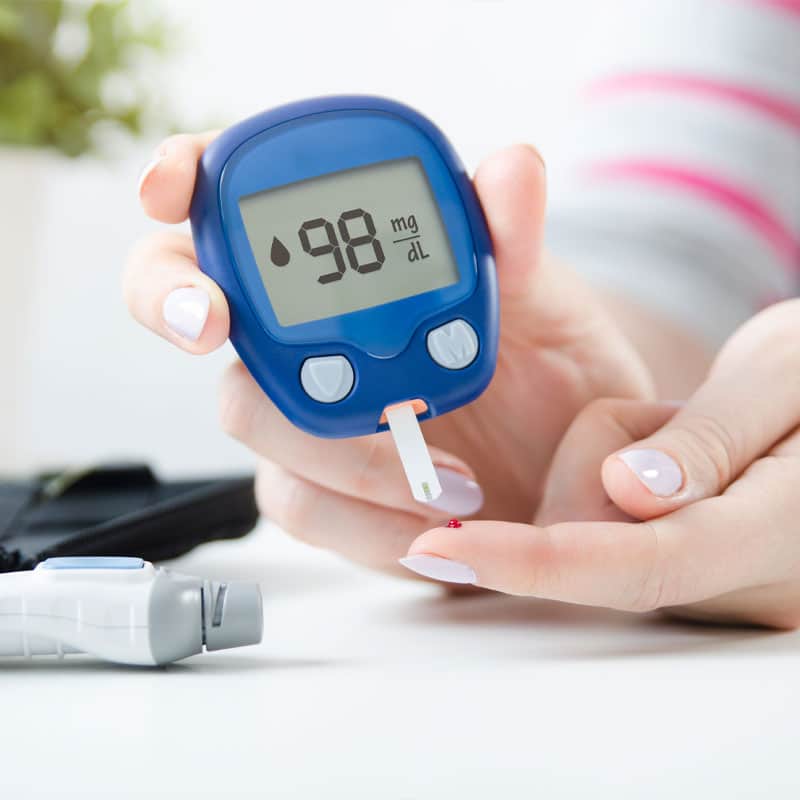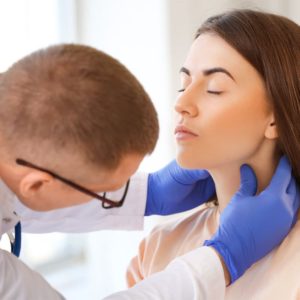Your body needs an assortment of vitamins and minerals to function correctly. One key mineral is zinc; vegetarians are more likely to experience a zinc deficiency.
Studies have found that approximately 12 percent of Americans are at risk of zinc deficiency. Furthermore, about 40 percent of older Americans will experience a zinc deficiency due to decreased absorption rates and inadequate intake of zinc-rich foods.

Zinc Rich Foods
The body does not have a specialized storage system; therefore, you must maintain a steady supply of zinc-rich foods. So, what are some of the best sources of zinc? Foods containing zinc include:
- Seafood and oysters
- Red meat and poultry
- Nuts like Brazil nuts, almonds, pecans, and cashews
- Beans and lentils
- Seeds like flax seeds, sunflower seeds, pumpkin seeds, and chia seeds
- Whole grains
Certain whole grains, beans, and legumes contain zinc; however, its bioavailability is much lower than that of animal-based foods.
Benefits of Zinc
Most people have seen zinc advertised as an over-the-counter cold remedy; however, it involves hundreds of processes throughout the body. Your body uses zinc for
- Cellular metabolism
- Immunity
- Cell division
- Protein synthesis
Zinc also supports growth and development, helps maintain the senses of smell and taste, is needed in the healing process, and is used to create DNA.
Zinc Deficiency Symptoms
When the body is deficient in zinc, it can lead to several unpleasant symptoms. The severity of these symptoms is associated with the severity of the zinc deficiency.
- Brain Fog – Research has shown that zinc impacts how neurons in the brain communicate. Low zinc levels may lead to memory issues, decreased cognitive function, or brain fog. Because zinc is vital to brain health, supplementation can help with ADHD and memory loss.
- Diabetes – Zinc helps with insulin production and naturally helps regulate blood glucose levels. If you do not consume enough zinc-rich foods, you can experience lower insulin levels, regardless of underlying health conditions or body weight. Increasing consumption of zinc-rich foods or supplementation may help prevent diabetes and regulate blood glucose levels.
- Diarrhea – Did you know that not getting enough zinc can increase your risk of developing diarrhea? Nutritional deficiencies prevent the body from being able to fight off infections adequately. Supplementing with zinc may help to shorten the symptoms of infectious diarrhea.
- Growth Retardation – Zinc is vital for optimal growth and development. Prenatal vitamins typically contain zinc to ensure the proper growth and development of the fetus. If a child is not developing correctly, zinc deficiency may be the cause.
- Increased Frequency of Colds – Zinc is essential for a strong, healthy immune response. A zinc deficiency can increase the frequency of colds, viral infections, and bacterial infections. However, if taken within the first 24 hours of illness, zinc can decrease the length of illness.
- Reduced Sense of Smell and Taste – Several things can cause you to lose your sense of smell or taste. One of the most common reasons is not having enough zinc in your body. Why? A vital enzyme is needed to be able to smell and taste properly. The body requires zinc to produce this enzyme.
- Slow Wound Healing – Zinc plays a vital role in blood clotting, cellular regeneration, and healthy skin. If you have a wound that will not heal, it may be a sign of a deficiency. Increasing zinc levels can improve skin health, decrease wound healing times, and relieve acne.
- Vision Changes – The eyes contain a high concentration of zinc. One symptom of zinc deficiency is blurry vision. If the deficiency becomes severe enough, changes can occur in the retina, causing altered vision. Correcting the deficiency through a healthy diet and zinc supplementation may help improve eyesight.
Weight Loss – If you have a zinc deficiency, you may begin experiencing unexplained weight loss caused by appetite changes. Although many consider weight loss a good thing, weight loss caused by zinc deficiency can cause mood swings, depression, and irritability.
Zinc supplements are great for immediate relief; however, you should focus on increasing your zinc levels by eating zinc-rich foods.
How We Can Help
Your body is multifaceted. When one system does not function properly, or you have a nutritional deficiency, it can impact all areas of your life. Rather than just reaching for a zinc supplement, our team will work to determine the root causes of any underlying conditions that could be causing the zinc deficiency. We develop a health plan to address these underlying conditions, a diet to increase your zinc levels, and whether supplements are needed. Get started on your journey toward optimal health.




















